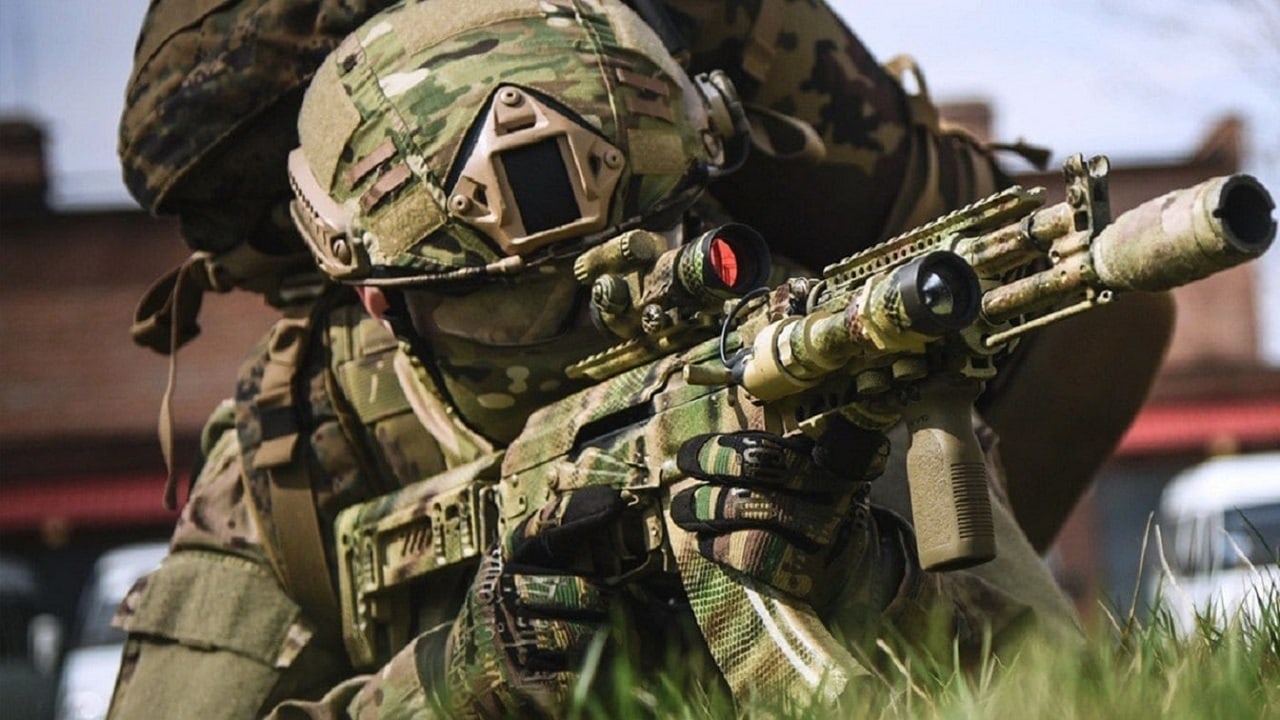Wagner Group Ukraine Recruitment Dropped “Significantly,” Says UK – An intelligence update from the British Ministry of Defence on February 3 reveals how the Wagner Group, a private mercenary organization that recruits soldiers to fight on behalf of the Russian government, has dramatically reduced its recruitment of prisoners for the Ukraine war.
British intelligence officials cite data from the Russian Federal Penal Service that reveals how the country’s prison population has not declined as dramatically since November 2022 as it did from September.
The data could indicate that fewer Russian soldiers are being recruited or that fewer Russian soldiers are willing to fight on behalf of the government.
“The scale of Russian paramilitary Wagner Group’s convict recruitment programme has probably significantly reduced from its peak between summer and autumn 2022,” the update reads.
“The Russian Federal Penal Service (FSIN) figures released on 31 January 2023 reported a national penal population of 433,000, suggesting a decrease of 6000 inmates since November 2022. In contrast, FSIN data had indicated a decrease of 23,000 from September to November 2022,” the update continues, adding that a reduction in Wagner recruitment is likely a “major contributing factor.
The British MOD also cited anecdotal evidence from Ukrainian soldiers over the last fortnight, which suggests that the Russian military no longer relies as heavily on Wagner’s “human wave style assaults” on the battlefield.
Are Ukraine Disputes Between Wagner and the Kremlin Causing Problems?
The same update also speculated that the public disputes between Wagner officials and the Russian Ministry of Defense could have played a part in reducing prisoner recruitment.
“Significant tensions between Wagner and the Russian Ministry of Defence are playing out in public; competition between factions in the Russian elite is likely to be partially responsible for the reduced supply of convicts,” the update reads.
Stories of Wagner chief Yevgeny Prigozhin have been shared for months. Prigozhin has repeatedly criticized decisions made by the Russian military’s top brass.
In October, reports revealed how the Wagner boss even met with Russian President Vladimir Putin to express his discontent over the war’s mismanagement.
Speaking to The Washington Post, two U.S. officials familiar with the meeting said that Prigozhin met with the Russian president in October to describe the mistakes he believes were being made on the ground in Ukraine.
The meeting was reportedly so significant that it was included in an intelligence briefing given to U.S. President Joe Biden, although Prigozhin denied that the meeting ever took place.
According to U.S. intelligence, Prigozhin told Putin that the Russian Ministry of Defense was depending on Wagner troops too much while giving them insufficient support in the way of supplies and intelligence.
A reduction in Wagner recruitment from the prisons could, therefore, be deliberate.
MORE: Ukraine Needs M1 Abrams Tanks Now (But Will Have to Wait)
MORE: Joe Biden Won’t Send F-16 Fighters to Ukraine
MORE: Why Putin Should Fear the F-16 Fighter
MORE: Why Donald Trump Can’t Win in 2024
Jack Buckby is 19FortyFive’s Breaking News Editor. He is a British author, counter-extremism researcher, and journalist based in New York. Reporting on the U.K., Europe, and the U.S., he works to analyze and understand left-wing and right-wing radicalization, and reports on Western governments’ approaches to the pressing issues of today. His books and research papers explore these themes and propose pragmatic solutions to our increasingly polarized society.

